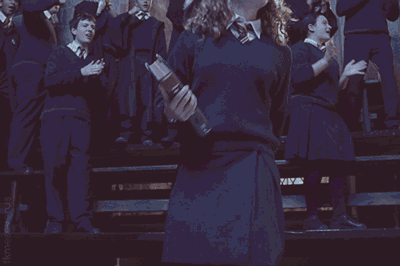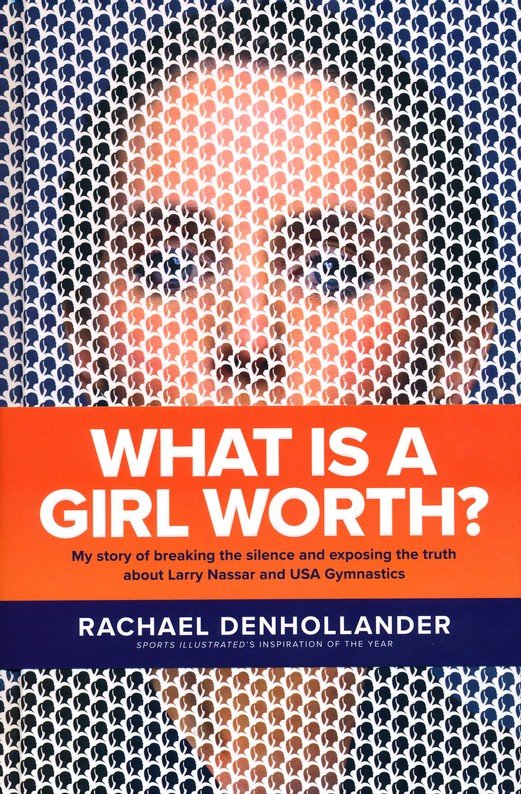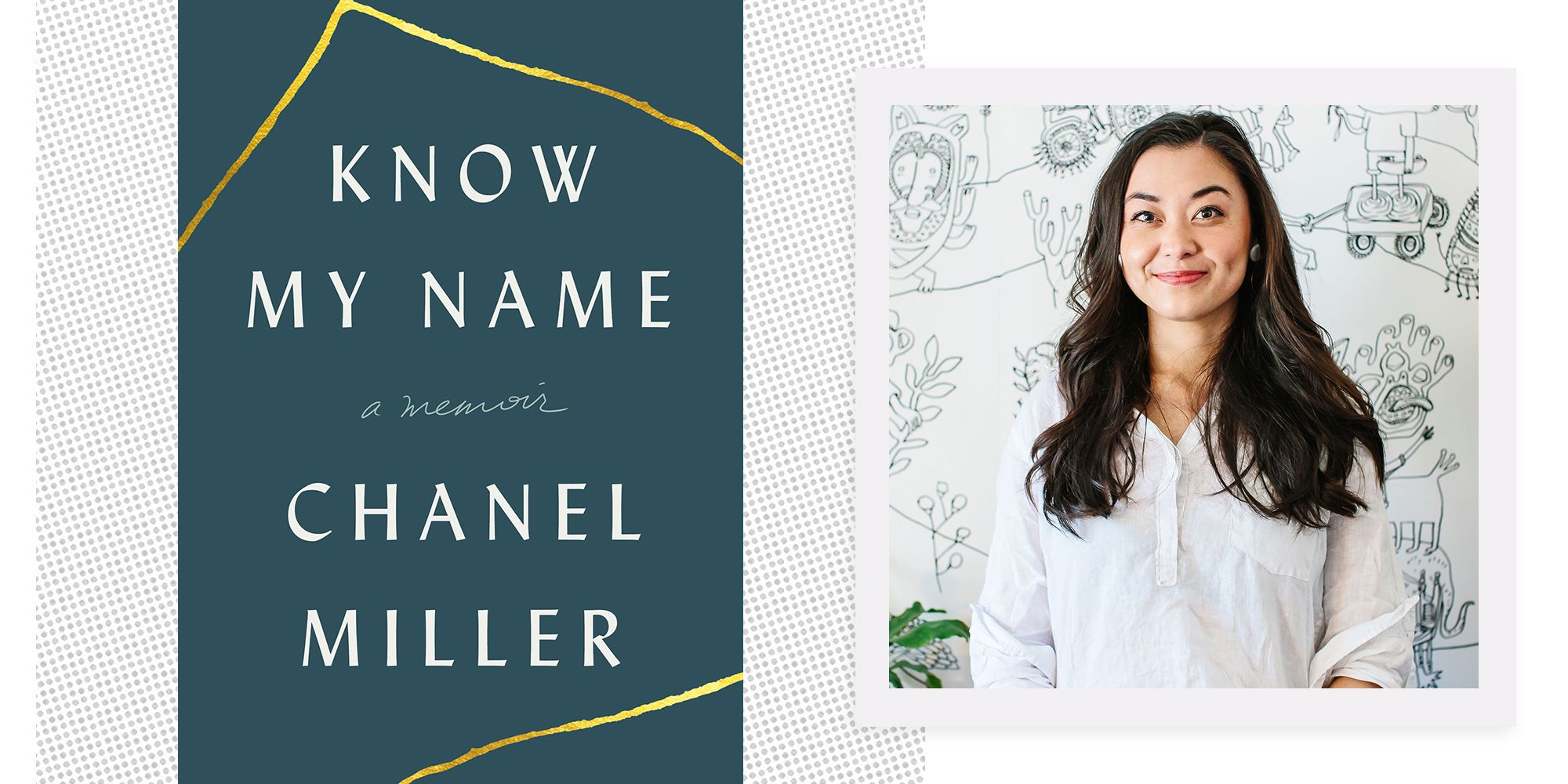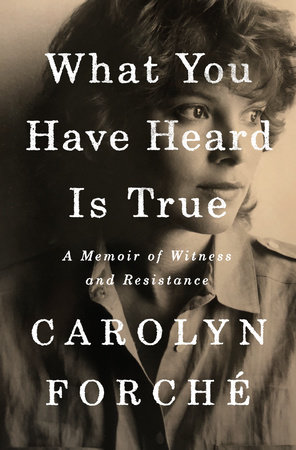Reading is my all time favorite hobby (nerdalert) and I thankfully had time this year to get through a ton of different books.

I love non-fiction and wanted to share my top ten of 2019:
What is a Girl Worth?: My Story of Breaking the Silence and Exposing the Truth about Larry Nassar and USA Gymnastics
Rachael Denhollander

I was really looking forward to Denhollander’s memoir and found it to be one of the most impactful books of 2019. As the first person to come forward publicly against Nassar, she has been one of the loudest voices seeking justice for survivors. In What is a Girl Worth? (the question she posed at Nassar’s hearing), Denhollander details the struggles to come to terms with the sexual abuse she survived first in her church and then at the hands of her doctor; In both instances she was quieted and the perpetrators of her abuse were not held accountable. Denhollander’s book tells the struggle of a woman fighting to create change against institutions that enabled child abuse to happen.
Furious Hours: Murder, Fraud, and the Last Trial of Harper Lee
Casey Cep

I loved Furious Hours. The book tells two narratives: Harper Lee’s life and the trial of Robert Burns. They intersect as Lee covered the court case and Cep uses Lee’s notes from the trial to finish the story in this true-crime/biography. Furious Hours does a great job telling the gripping case of Robert Burns while providing respectful insight into the life of the very private Harper Lee. Cep’s writing is great too– I highly recommend this book if you’re a fan of Lee and/or true-crime.
The Girls: An All-American Town, a Predatory Doctor, and the Untold Story of the Gymnasts Who Brought Him Down
Abigail Pesta
The Girls is a collection of stories told by survivors of Larry Nassar’s abuse. The narratives collected by Pesta are difficult to read, but show the grit and perseverance of these athletes as they overcame injuries and in many instances, mental and emotional abuse at the hands of the people that were supposed to protect them: their coach and doctor. Pesta’s writing is empathetic and places the stories of the survivors at the center of the book. The Girls is a good introduction for those unfamiliar with the sport or who may still be asking “How did this happen? How did no one know?”

How to be an Anti-Racist
Ibram X. Kendi
Part memoir, part political guide, Ibram X. Kendi’s How to be an Anti-Racist was one of my favorite books of 2019. After developing cancer following the publication of Stamped from the Beginning, Kendi notes that he is unable to separate racism and cancer: “Our world is suffering from metastatic cancer. Stage 4. Racism has spread to nearly every part of the body politic, intersecting with bigotry of all kinds, justifying all kinds of inequalities by victim blaming; heightening exploitation and misplaced hate; spurring mass shootings, arms races, and demagogues who polarize nations…” I love Kendi’s writing and as a scholar in race relations, How to be an Anti-Racist reads like one of his lectures, one desperately needed today.
The Heartbeat of Wounded Knee: Native America from 1890 to Present
David Treuer
Described as the “counter-narrative” to Dee Brown’s Bury My Heart at Wounded Knee, Treuer describes how, rather than ending in 1890, Native American life and culture has survived. Despite the American government’s tactics to destroy them, Native Americans have persevered and survived even the most brutal of policies and massacres: “I have tried to catch us not in the act of dying but, rather, in the radical act of living,” Treuer states. This book is a must-read for those not only interested in Native American history, but those needing to combat the long-accepted narratives of Native life in America.
On Fire: The Burning Case for a Green New Deal
Naomi Klein
This collection of essays by Naomi Klein makes the case for a drastic systems overhaul to fight global climate change. Rampant and unchecked capitalism, she says, has created and continues to worsen not just environmental degradation, but also the disenfranchisement of people. Free-market ideology, Klein argues, has devastated communities; the push for growth is unsustainable, and is killing people and the planet. She quotes various social movements that were seen as unthinkable at the time–Roosevelt’s New Deal probably being the most cited–as the proof that systematic change is possible. At the heart of this shift should be equal places at the table and a drastic overhaul of how we define (and value) growth.
How to Hide an Empire: A History of the Greater United States
Daniel Immerwahr

Immerwahr’s incredible book, How to Hide an Empire, details how the power and colonialism of the United States stretches far beyond the “logo map” we see in classrooms: “You might see the intrusions of colonialism into recent politics as a sort of hangover– a price paid for yesterday’s excuses. In this view, empire is an affair of the past, even if its effects linger on,” Immerwahr notes, “But empire is not past yet.” Hawaii, Guam, and the Philippines were seen as strategic locations for military bases, even if the native populations did not have the same rights as mainland Americans. This book taught me so much about the imperialist policies of the US and Immerwahr’s work is incredibly relevant for our modern times.
Invisible Women: Data Bias in a World Designed for Men
Caroline Criado-Perez

I purchased Invisible Women after I traveled to a country with a couple of friends last summer. My friend, a man who stands at 6 ft. 3 inches, casually noted that the portable bathrooms meant for all of us were actually built for people like him. Why? I thought as I struggled to regroup following a rather horrifying period experience in a port-a-potty.
Using data as her lens, Criado-Perez’s book details how the one-size-fits-all approach to not just bathrooms, but healthcare, community planning, and economic systems put women at a disadvantage. One case showed that orchestras hired 50% more women after blind interview practices were implemented–more women were hired because the interviewers couldn’t hear the sound of their heels walking into the room. Gender bias is in how we design things (intentionally or not, she argues, the bias is there): fitness monitors don’t track women’s steps as accurately, speech-recognition software commonly misunderstands women’s voices (Google alone is 70% more likely). She notes that “designing the female half of the world out of of our public spaces is not a matter of resources. It’s a matter of priorities, and currently, whether unthinkingly or not, we just aren’t prioritizing women. This is manifestly unjust, and economically illiterate. Women have an equal right to public resources: we must stop excluding them by design.”
Know My Name: A Memoir
Chanel Miller

In 2016, I remember pulling up the victim-impact statement of then-Emily-Doe during the sentencing of Brock Turner and being completely blown away by her powerful words: “To girls everywhere, I am with you.” I, along with 18 million others, read: “On nights when you feel alone, I am with you. When people doubt you or dismiss you, I am with you.” Three years later, Emily Doe came publicly forward as Chanel Miller and released her memoir, Know My Name. Throughout the book Miller struggles to find her own identity as someone other than Brock Turner’s victim. She details the incredible frustration of working within a system supposedly meant to protect her, but instead favored the perpetrator of the crimes against her. Those who read her 2016 statement know Miller’s poignant writing and this book is a testament to her talent. It can be hard to read at times, but as society continues to doubt survivors, absolutely vital if we want to change the current system.
What You Have Heard is True: A Memoir of Witness and Resistance
Carolyn Forché

My favorite book of 2019 is Forché’s memoir, What You Have Heard is True. I received the book as part of my Strand subscription and am so thankful the New York-based bookstore introduced me to this book. Forché was invited by Leonel Gómez Vides to travel to El Salavador and document the country’s horrifying civil war through her poetry. She meets a number of people touched by the war: insurgents, peasants, and military personnel. Her years in El Salvador eventually led to Forché’s activism as a “poet of witness”. The book is beautifully written and a testament to bear witness, no matter how terrible the events: “It was as if he had stood me squarely before the world, removed the blindfold, and ordered me to open my eyes.”
Currently:
Watching: The Outsider (HBO)


Leave a comment